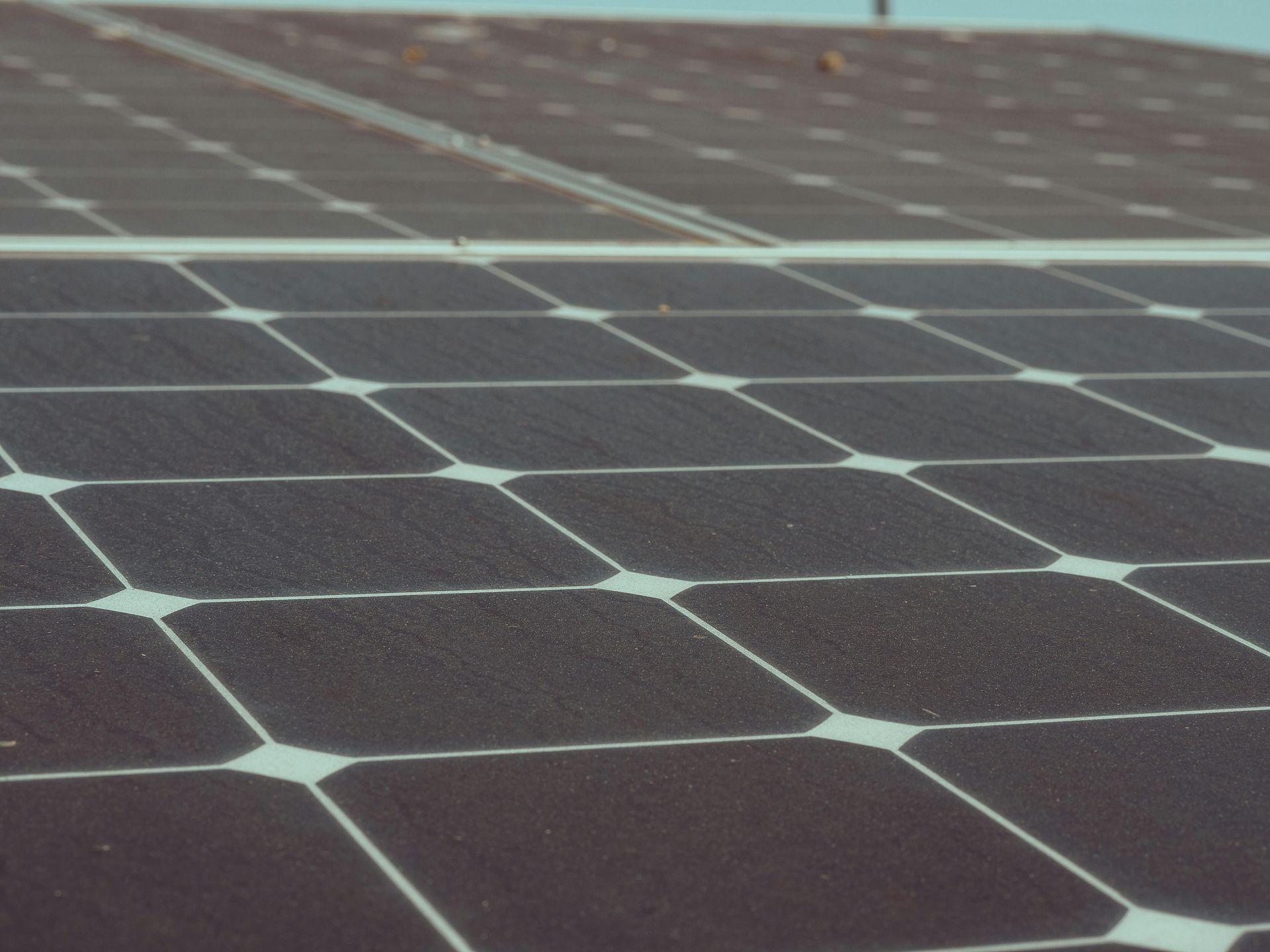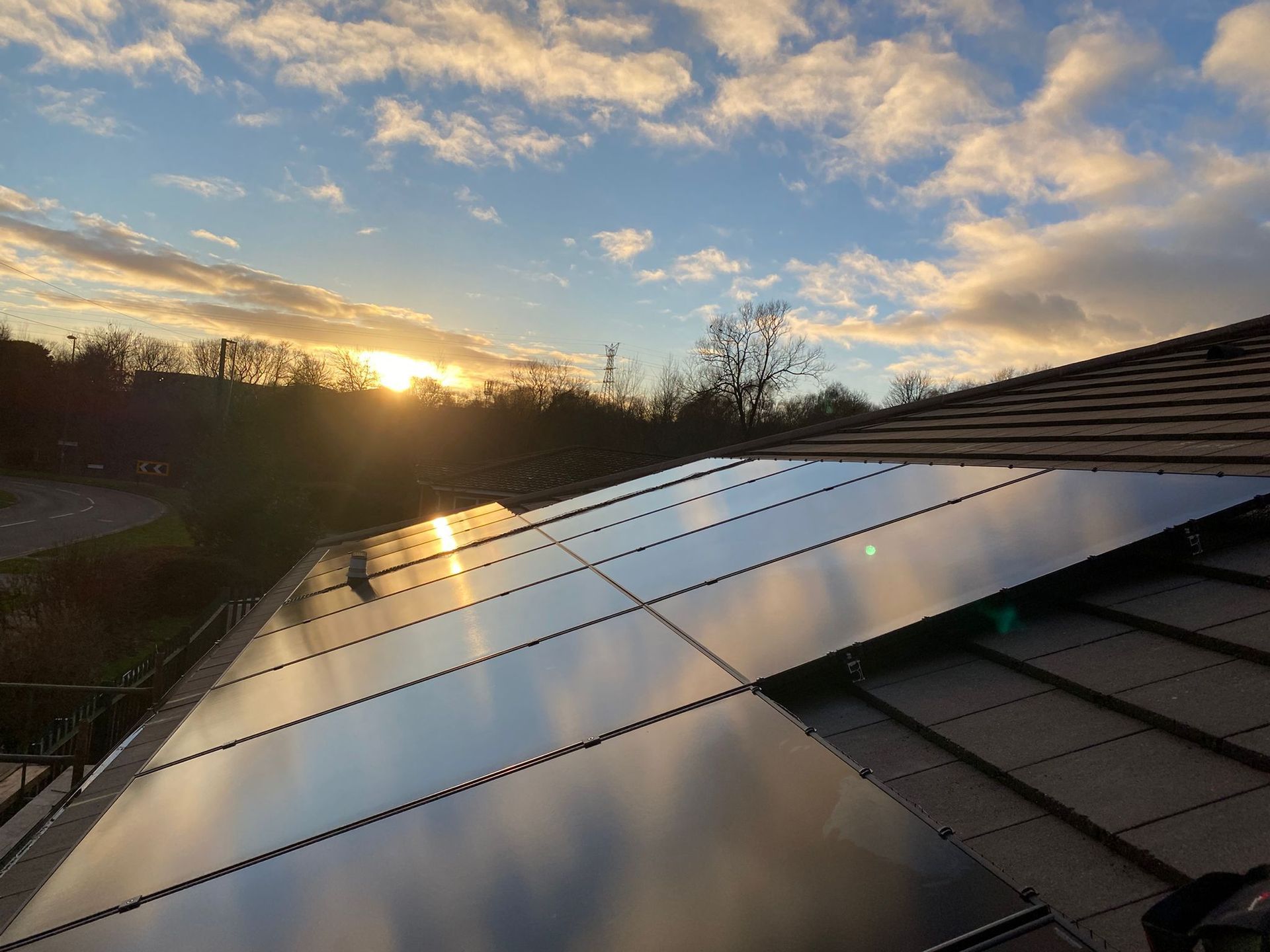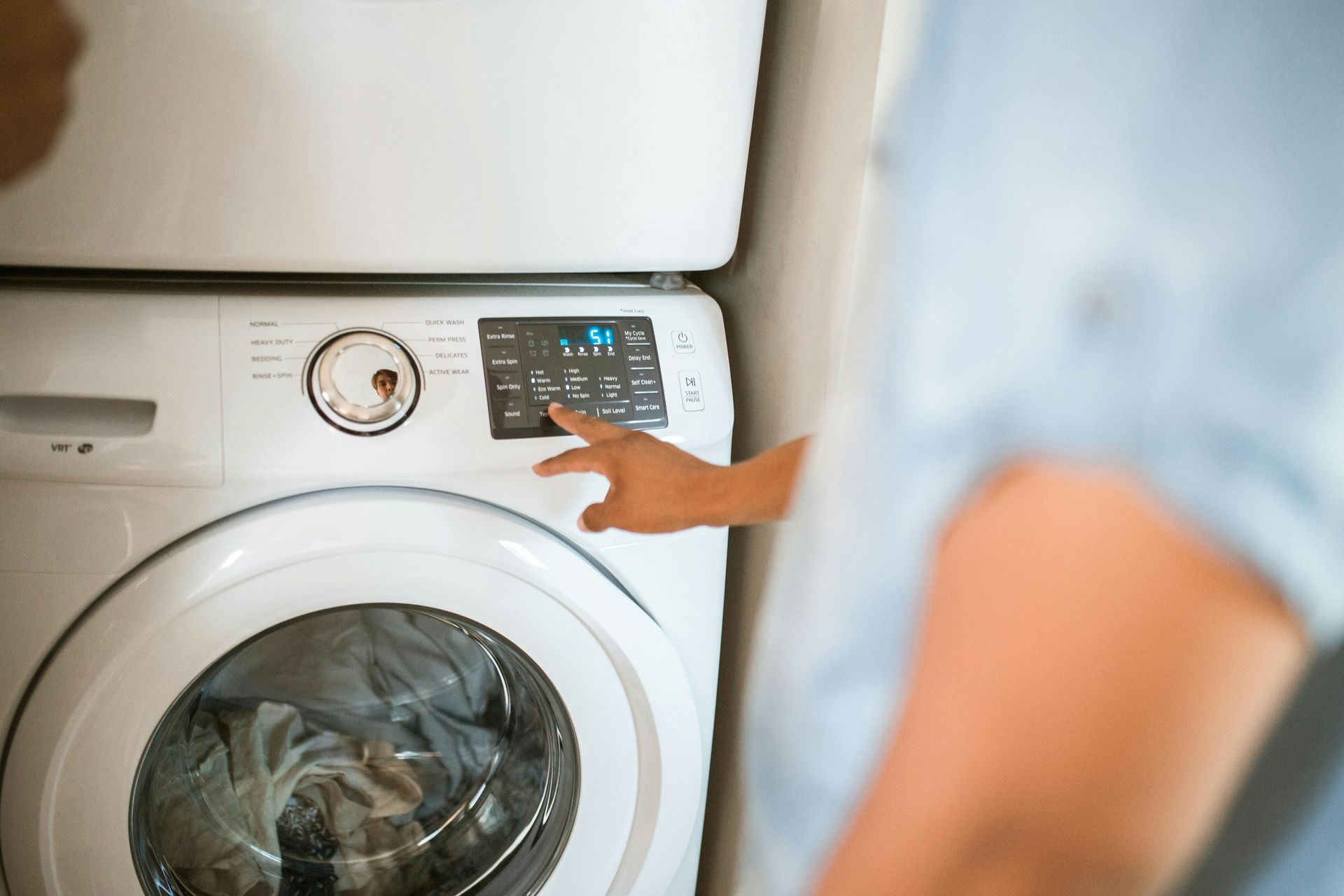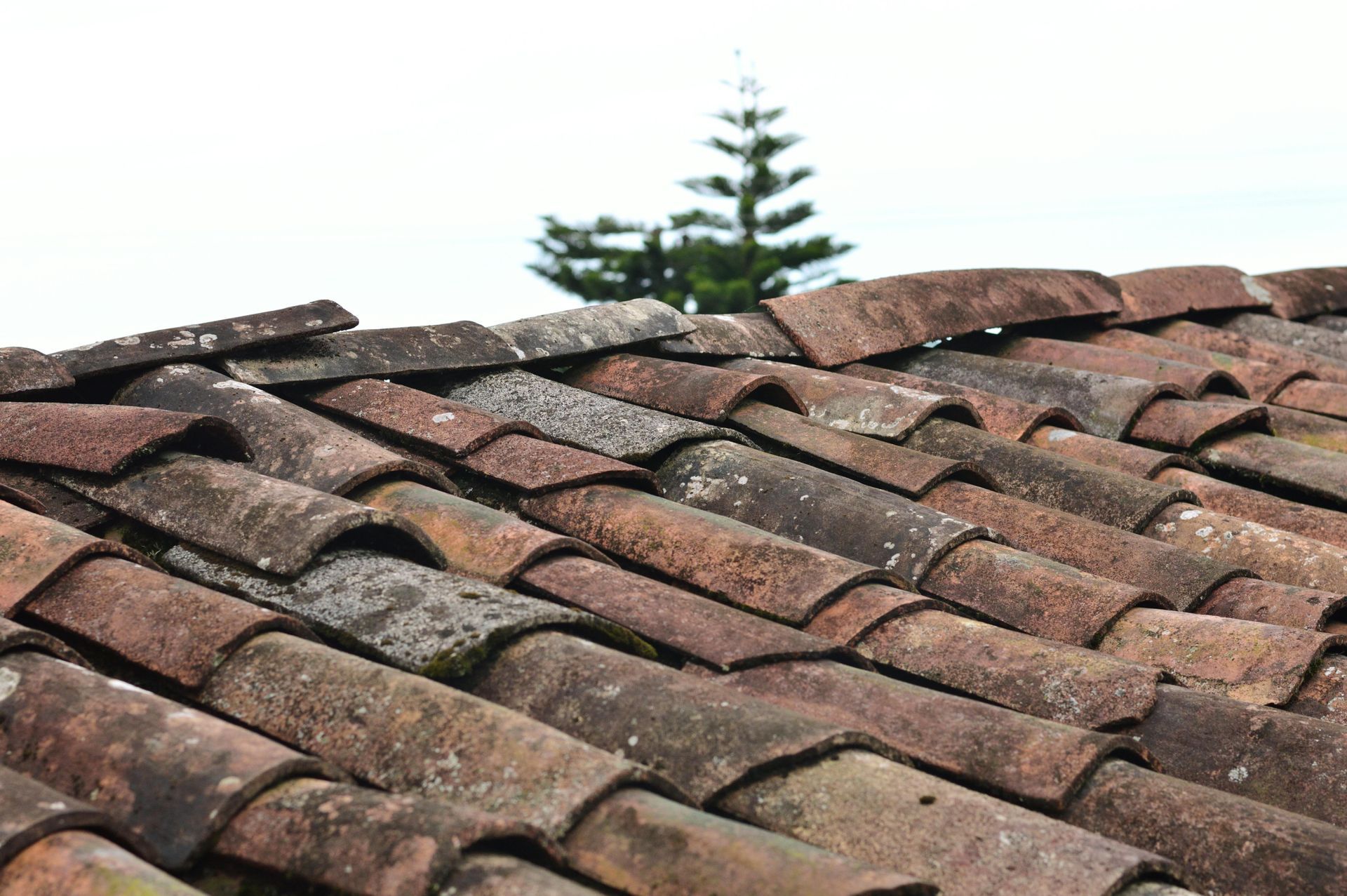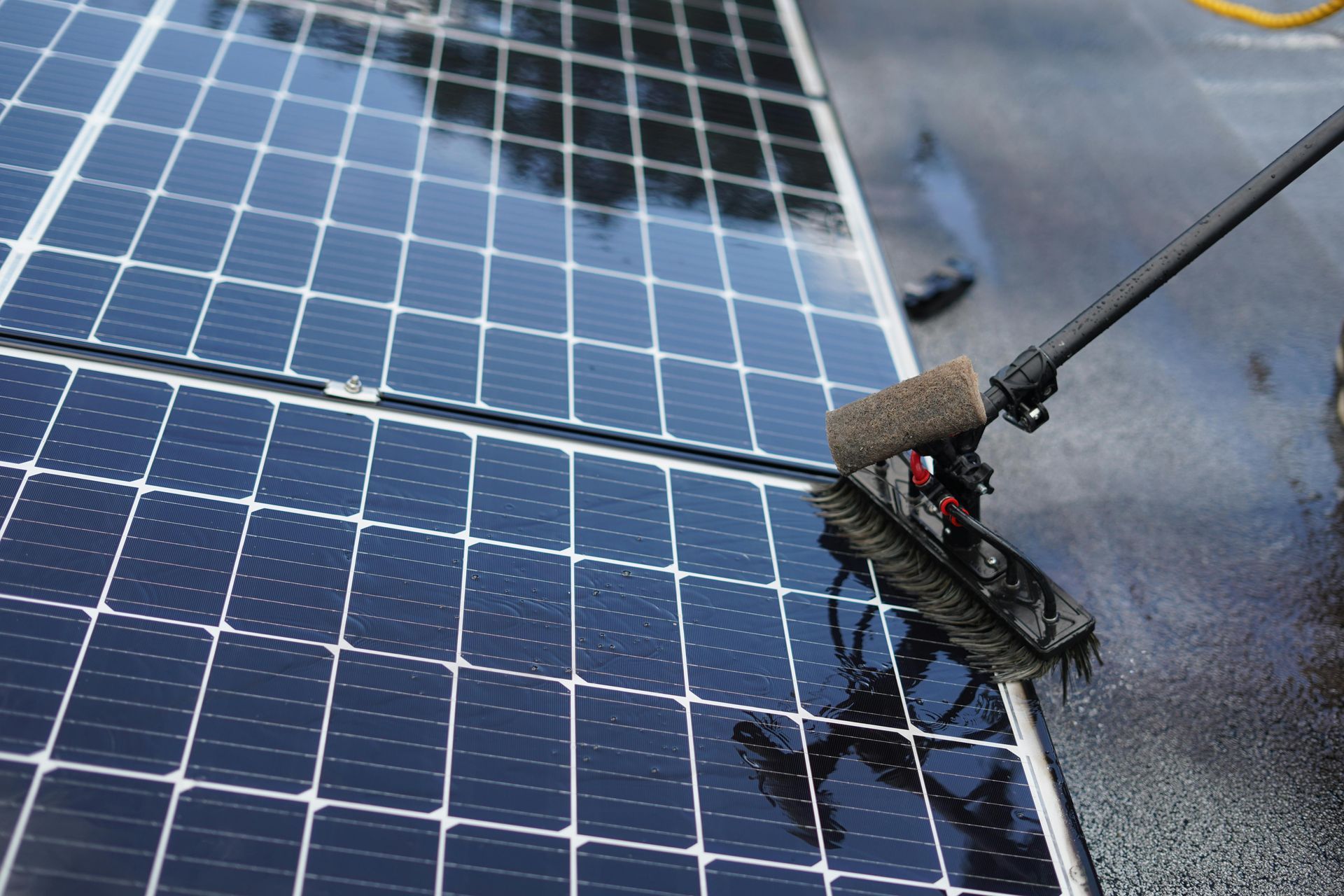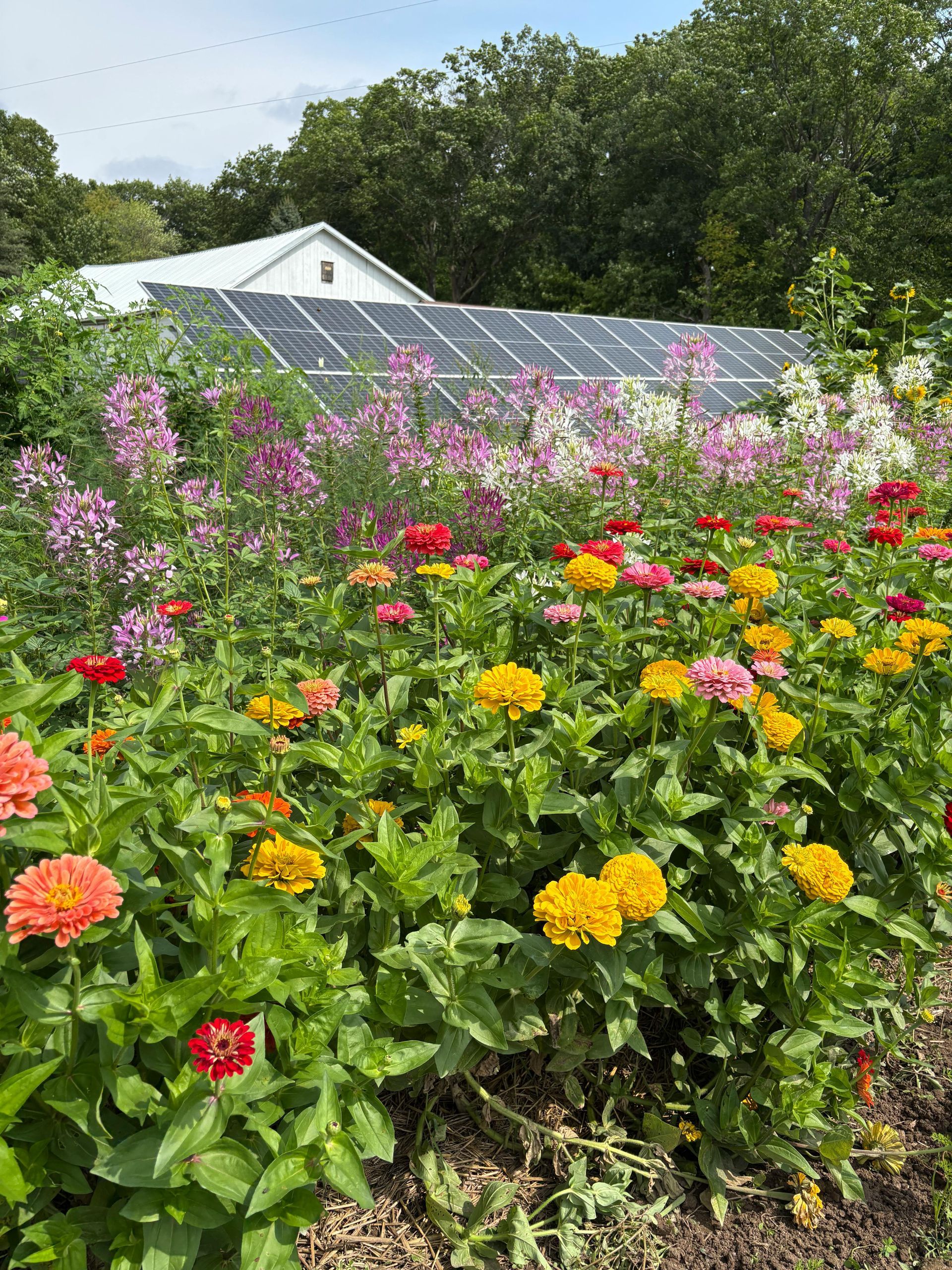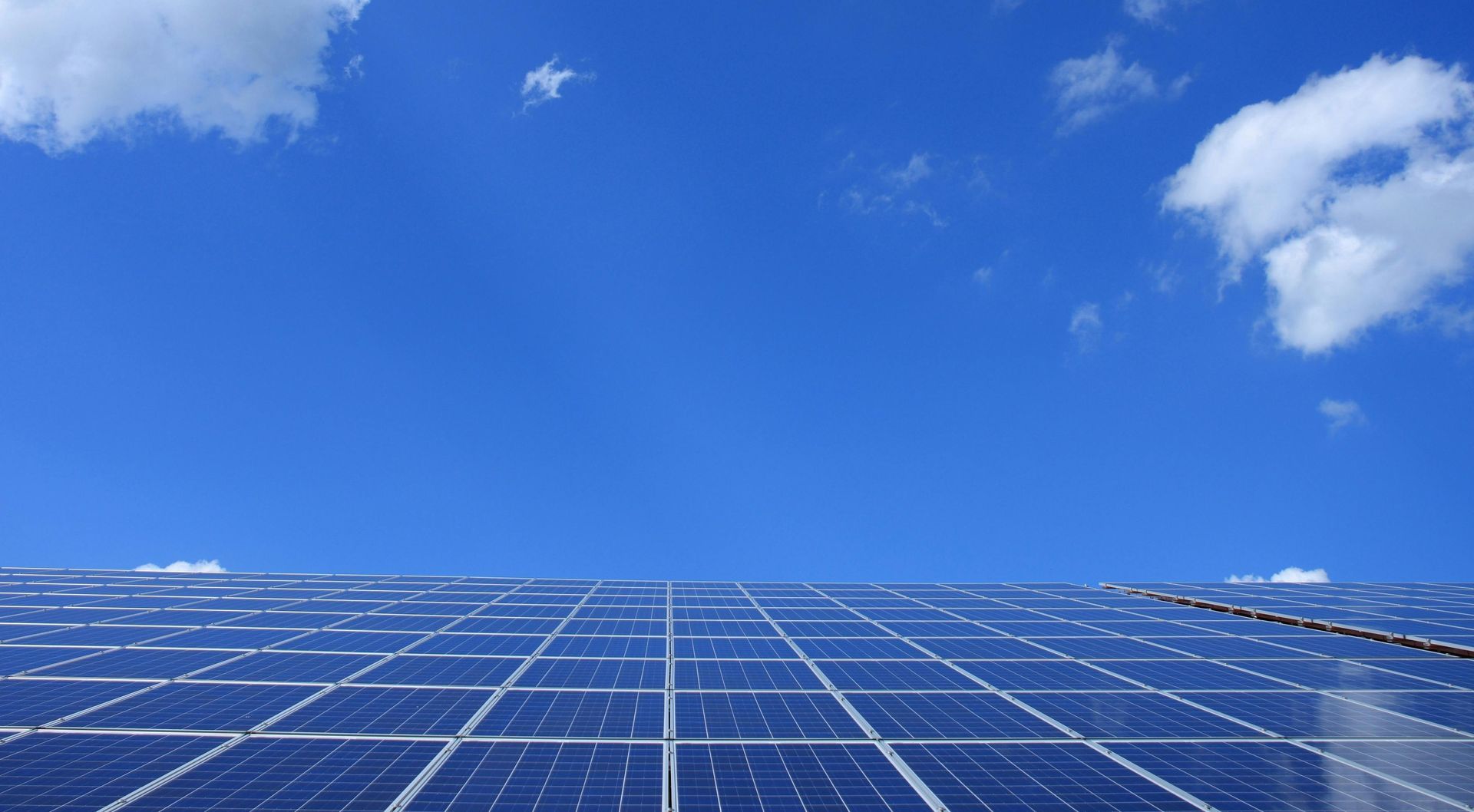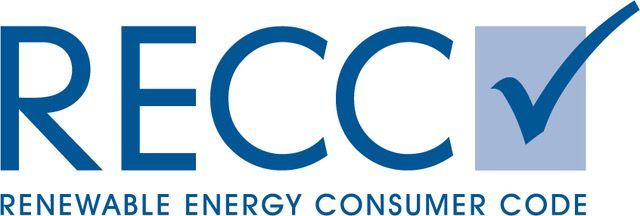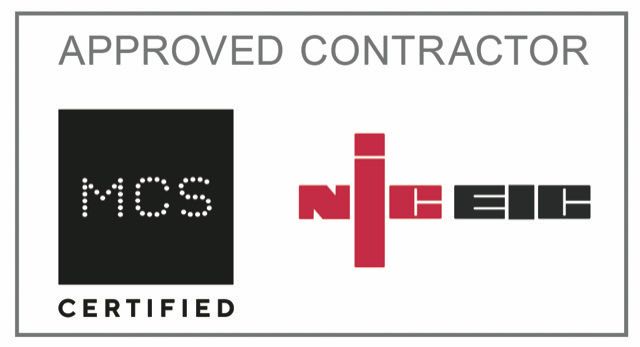Do Solar Panels Really Need Constant Sunlight?
Looking at the myths and misconceptions

As more homeowners look towards sustainable energy solutions, solar panels have become a topic of keen interest and some confusion. A prevalent myth suggests that solar panels require constant sunlight to function effectively, leaving many potential users questioning their practicality in varying weather conditions. This misconception stems from a lack of comprehensive solar power information and an understanding of solar efficiency. In this article, we aim to debunk common solar panel myths and provide clear insights into how solar energy systems perform, even in less sunny climates. Whether you're new to the world of solar panels or seeking to expand your knowledge, you'll find valuable information that clarifies how these systems can be a reliable addition to your home.
Understanding Solar Power
Solar power is a renewable energy source that harnesses the sun's energy to generate electricity. This section will explore the fundamental principles of solar energy and how it operates in various weather conditions.
How Solar Panels Function
Solar panels work by converting sunlight into electricity through a process called the photovoltaic effect. This phenomenon occurs when photons from sunlight strike the surface of solar cells, causing electrons to be released.
The released electrons flow through the solar panel, creating an electric current. This current is then captured and converted into usable electricity for homes and businesses.
It's important to note that solar panels don't require direct sunlight to function. They can still generate electricity on cloudy days, albeit at a reduced efficiency. This is because diffuse light, which is scattered by clouds and the atmosphere, can still reach the solar cells and trigger the photovoltaic effect.
Weather and Solar Efficiency
Weather conditions play a significant role in the efficiency of solar panels. While it's true that solar panels perform best under clear, sunny skies, they can still generate electricity in various weather conditions.
On cloudy days, solar panels typically produce about 10-25% of their rated capacity. This reduction is due to the decreased amount of direct sunlight reaching the panels. However, some types of clouds can actually enhance solar panel output through a phenomenon called the 'edge of cloud' effect.
Temperature also affects solar panel efficiency. Contrary to popular belief, solar panels actually perform better in cooler temperatures. Excessive heat can reduce their efficiency, which is why proper ventilation and installation are crucial for optimal performance.
Debunking Solar Panel Myths
There are many misconceptions surrounding solar panels and their effectiveness. In this section, we'll address some common myths and provide accurate solar power information for homeowners considering this renewable energy option.
Do Solar Panels Need Sunlight?
One of the most prevalent myths about solar panels is that they require constant, direct sunlight to function effectively. This misconception often deters people in less sunny regions from considering solar energy.
In reality, solar panels can generate electricity from both direct and indirect sunlight. While they perform optimally in direct sunlight, they can still produce a significant amount of power on overcast days or in partially shaded areas.
Modern solar panels are designed to capture a wide spectrum of light, including ultraviolet and infrared rays that penetrate cloud cover. This means that even on cloudy days, solar panels continue to generate electricity, albeit at a reduced rate compared to sunny conditions.
Solar Power Information for Homeowners
For homeowners considering solar energy, it's essential to have accurate information about the practicality and efficiency of solar panels in various settings.
Firstly, the orientation and angle of solar panels significantly impact their performance. In the Northern Hemisphere, south-facing panels typically generate the most electricity. However, east and west-facing panels can still be effective, especially for homeowners looking to maximise energy production during peak consumption hours.
Secondly, advances in solar technology have led to more efficient panels that can generate electricity even in low-light conditions. Some modern panels can produce up to 25% of their rated capacity on cloudy days, making them a viable option for regions with variable weather patterns.
Lastly, it's worth noting that solar panels require minimal maintenance. Regular cleaning and occasional inspections are usually sufficient to keep them operating at peak efficiency for many years.

